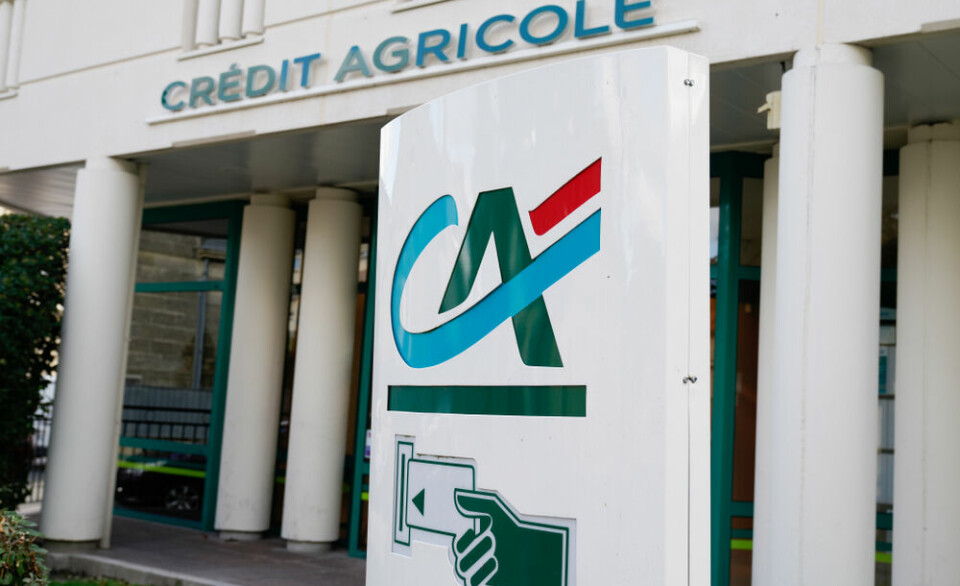-
Duck Cold! Four French phrases to use when it is freezing outside
We remind you of French expressions to use to describe the drop in temperature
-
When and why do we say le moral dans les chaussettes?
We explore this useful expression that describes low spirits
-
The origins and meaning of tirer les marrons du feu
As Christmas approaches, we look at a phrase to describe someone who takes advantage of a situation
‘Arrête tes bêtises!’ - Nine ways to scold someone in French
From the silly to the vulgar, how to call someone stupid (or know when you are being insulted)

Spend any time with small and mischievous French children and before long, one of them will be instructed by an infuriated parent to "arrête tes bêtises!".
While there is no exact single-word translation for 'une bêtise', it is covered more generally by 'foolishness', 'nonsense' or a daft or annoying act likely to cause damage or potential injury.
Alternative words to describe such an act of folly or lack of judgement – by those of all ages – include une connerie or the more vulgar couillonnade, which might be translated into English as bullsh*t (excuse our French).
What does the circumflex do?
The word bêtise is a derivation of the word bestise which is traceable in writing back to 1520.
See also besterie – another word referring to 'une bête' (a beast), the implication being that a wild animal is innately stupid or devoid of judgment.
The circumflex atop the 'e' in bêtise is a common replacement for the 's' where the 'st' appear conjoined – see also arrête instead of arrest.
Charmingly, the famed mint sweeties called Bêtises de Cambrai from the Nord, Hauts-de-France town of the same, are supposedly so-called due to a culinary error which led to their invention.
Lots of options to insult
Should you wish to go further and describe someone as stupid, go for the obvious stupide – which was originally (in the 14th century) a medical term signifying a mental inertia or numbness.
It has the same etymology as "stupéfait" (stupefied), which comes from the Latin "stupefere" (to remain motionless).
Otherwise, the more floral abruti, sot, imbécile, ignorant or no-holds-barred idiot will do the job.
Just be careful who you say it to though!
Related articles
Discover not so appetising origins of the French saying ‘bon appétit’
How do you express irritation in French but in a polite way?
Avoir la gueule enfarinée and more French ‘gobby’ phrases you may hear
























